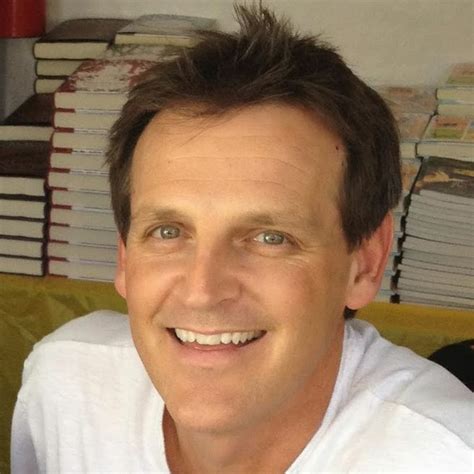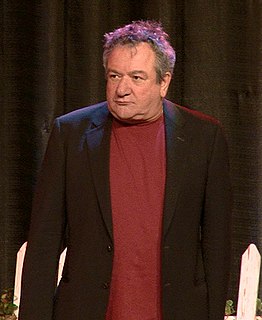A Quote by David Eddings
I have an unconscious burglar living in my mind: If I read something, it's mine. I can read Middle English stories, Geoffrey Chaucer or Sir Thomas Malory, but once I start moving in the direction of contemporary fantasy, my mind begins to take over.
Related Quotes
If you are going to write, say, fantasy - stop reading fantasy. You've already read too much. Read other things; read westerns, read history, read anything that seems interesting, because if you only read fantasy and then you start to write fantasy, all you're going to do is recycle the same old stuff and move it around a bit.
Just as one spoils the stomach by overfeeding and thereby impairs the whole body, so can one overload and choke the mind by giving it too much nourishment. For the more one reads the fewer are the traces left of what one has read; the mind is like a tablet that has been written over and over. Hence it is impossible to reflect; and it is only by reflection that one can assimilate what one has read. If one reads straight ahead without pondering over it later, what has been read does not take root, but is for the most part lost.
The child's mind is not the type of mind we adults possess. If we call our type of mind the conscious type, that of the child is an unconscious mind. Now an unconscious mind does not mean an inferior mind. An unconscious mind can be full of intelligence. One will find this type of intelligence in every being, and every insect has it.































